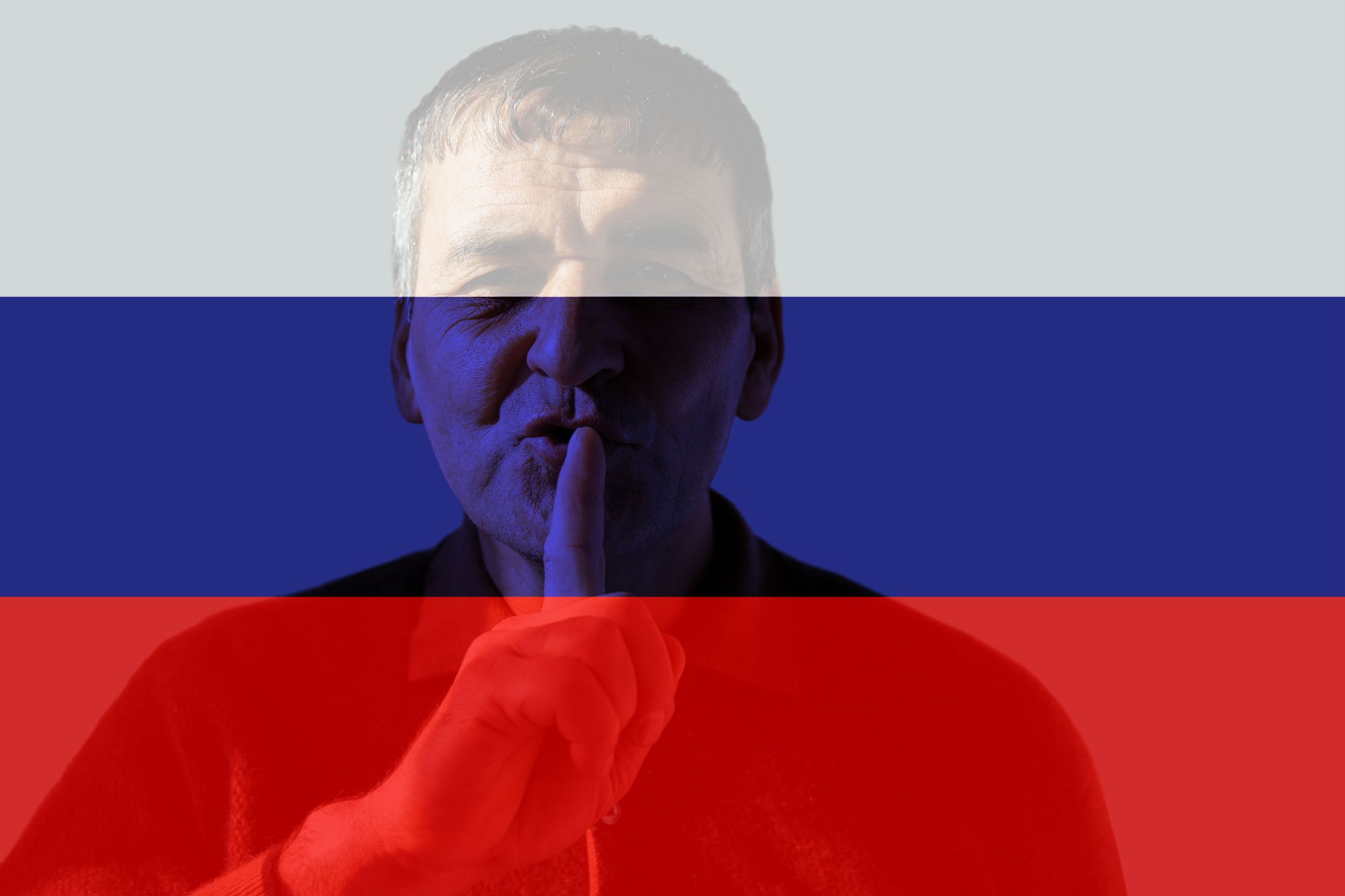What Does It Mean For A Blockchain Network To Be Censorship-Resistant?
Censorship resistance refers to the ability of any random crypto user to make irreversible and trustless transactions without requiring permission from any third party. Blockchain transactions only require nodes to secure the network by confirming transactions

The easiest way to coerce an influential individual or organization is to cut their access to money; of course, money makes the world goes round, making it possible to carry out operations. However, when governments, central financial institutions, or influential organizations control money flow, they can paralyze organizations and individuals into doing their bidding. Hence, we commonly see situations where bank accounts are frozen to overpower a defiant person; even recently, the United States and other European countries have sanctioned Russia from international trades since the war breakout with Ukraine, similar to how Iran was banned for alleged ties to terrorist organizations.
The idea behind governments having absolute power over finances seems like a good tool for checks and balances; however, it is said that "absolute power corrupts absolutely," hence there's always a chance of power abuse or misuse.
Satoshi Nakamoto created Bitcoin and the blockchain for financial freedom, to build a world where power is decentralized, putting control in the hands of the majority of users instead of a select few individuals; hence, transactions have become peer-to-peer, eliminating the centralized third-party with the ability to reject the transaction, if it flouts some rules. Imagine a scenario where you needed to walk past a gate to get to a building, and the gatekeeper refuses to let you in for some reason or the other; however, if there were no gate, you would enter the building uninterrupted; in the same way, centralized third parties and financial institutions gatekeep financial transactions to uphold censorship.
Bitcoin and the emergence of blockchain technology was a game changer in the financial industry, and it continues to grow towards absolute decentralization; in spite of this, the industry still faces some worry about censorship and how much this can affect financial freedom.
What Is Censorship Resistance In Blockchain Technology?
Censorship resistance refers to the ability of any random crypto user to make irreversible and trustless transactions without requiring permission from any third party. Blockchain transactions only require nodes to secure the network by confirming transactions; everything is controlled via algorithms and smart contracts; hence, the blockchain ledger is public yet immutable. Hence, regardless of any sanction or political ban, blockchain transactions can neither be influenced by third parties nor is reversible. Think of it as the total opposite of the traditional banking system, where everything you do is tracked and stored on a central database.
There are no restrictions to owning a node on the blockchain; hence, anyone can be a part of the miners who confirm and validate, provided you have the equipment. Hence, you can download your copy of the open-source code and contribute to the network, regardless of your age, location, or citizenship. As a result, Bitcoin, and cryptocurrency in general, has struggled to face legalization, as many countries impose restrictions on the use of cryptocurrency; nevertheless, the borderless and peer-to-peer nature of the blockchain makes it difficult to enforce these restrictions, as no one has the power to stop it. Hence, countries like Russia and Iran, with existing sanctions, have recently turned to Bitcoin to participate in international trade.
What Are The Threats To Censorship Resistance?
Theoretically, the major threat to censorship resistance is the possibility of a 51% attack, where a single entity gains more than half of the blockchain's computing power, controlling more than half of the nodes. However, in reality, the possibility is highly unlikely. Simultaneously controlling over half of the decentralized nodes is ridiculously expensive, so it isn't feasible.
Another possible threat to the censorship-resistant nature of the blockchain is the fact that internet services are majorly centralized and under the control of ISPs, who are compliant with regulations from the government; hence, in the event that governments ban access to certain websites, it may affect the censorship-resistant nature of the blockchain. However, there are hopes of creating decentralized internet services that would protect the integrity of the blockchain.
Are All Blockchains Censorship Resistant?
Normally, all blockchain types should be censorship-resistant; however, due to the different make-ups of several blockchains, only Proof-of-Work (PoW) blockchain types can genuinely boast of being censorship resistant; this is because the validating nodes (miners) on PoW blockchains are anonymous and unknown. Hence, very few people know miners who can vote on the blockchain. However, Proof-of-Stake is quite different; the blockchain is maintained by requiring users to stake some of their tokens from their public addresses. Unfortunately, many times, identities related to public addresses can be traced; hence, many people fear that stakers' identities are publicly available, and in the bid to avoid altercations with government bodies, some stakers may become compromised.
Conclusion
On the other end of the divide, it can be argued that censorship is needed to strongarm the bad guys and force them into submission; however, as said previously, coercing individuals and organizations to comply with some rules by overpowering their finance isn't pleasant for true financial freedom. Hence, it is important for the blockchain to improve other technology that attempts to reduce the use of the blockchain for malicious use without interfering with the peer-to-peer nature of the blockchain.
For more beginner tips, as well as detailed guides on cryptocurrency and blockchain technology, do well to visit the Cwallet blog (previously CCTIP blog) and follow our social media communities: